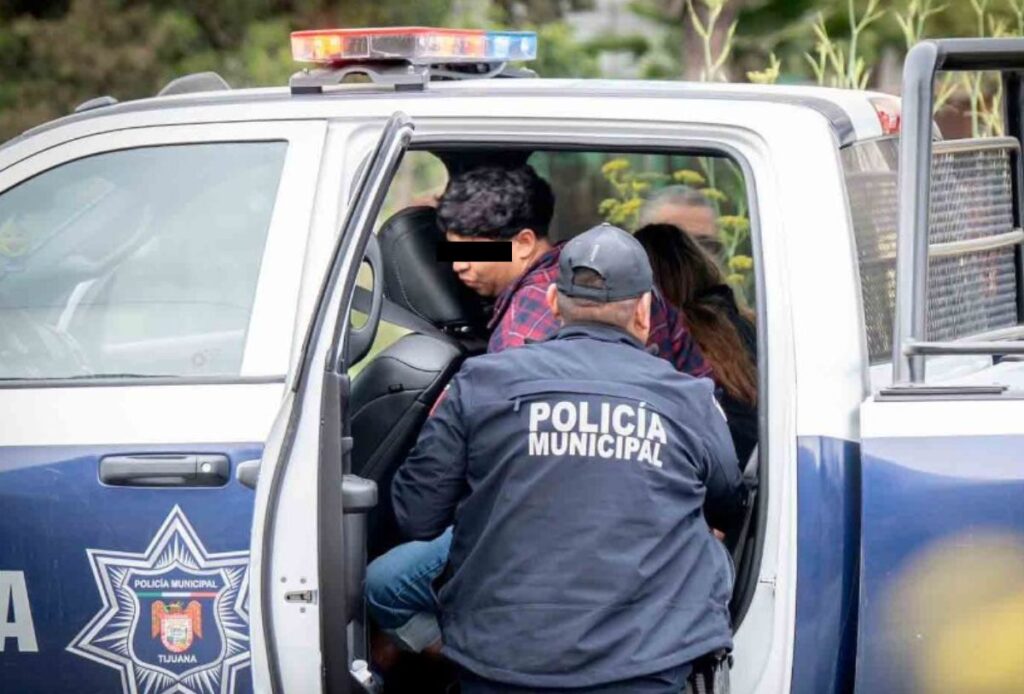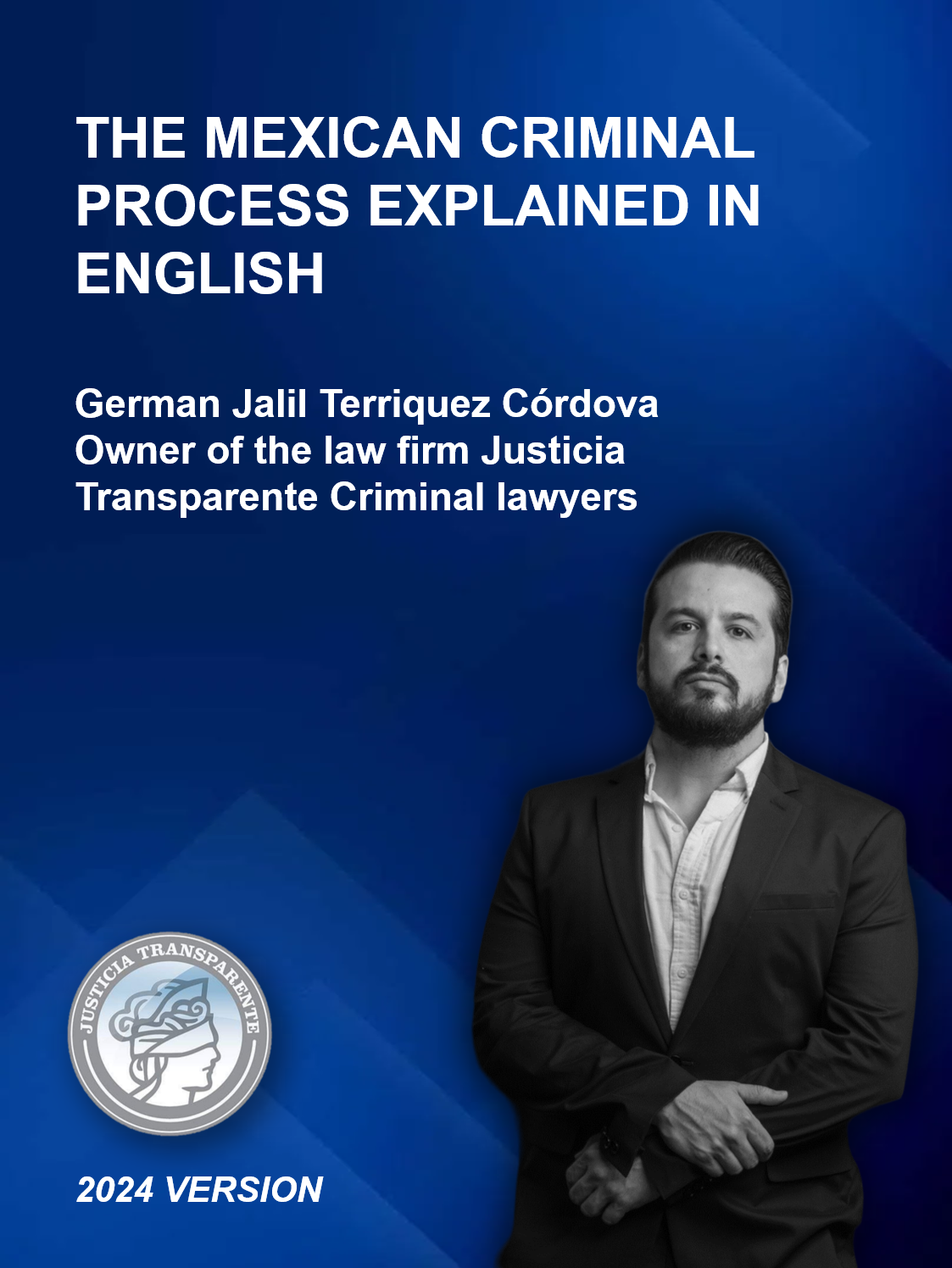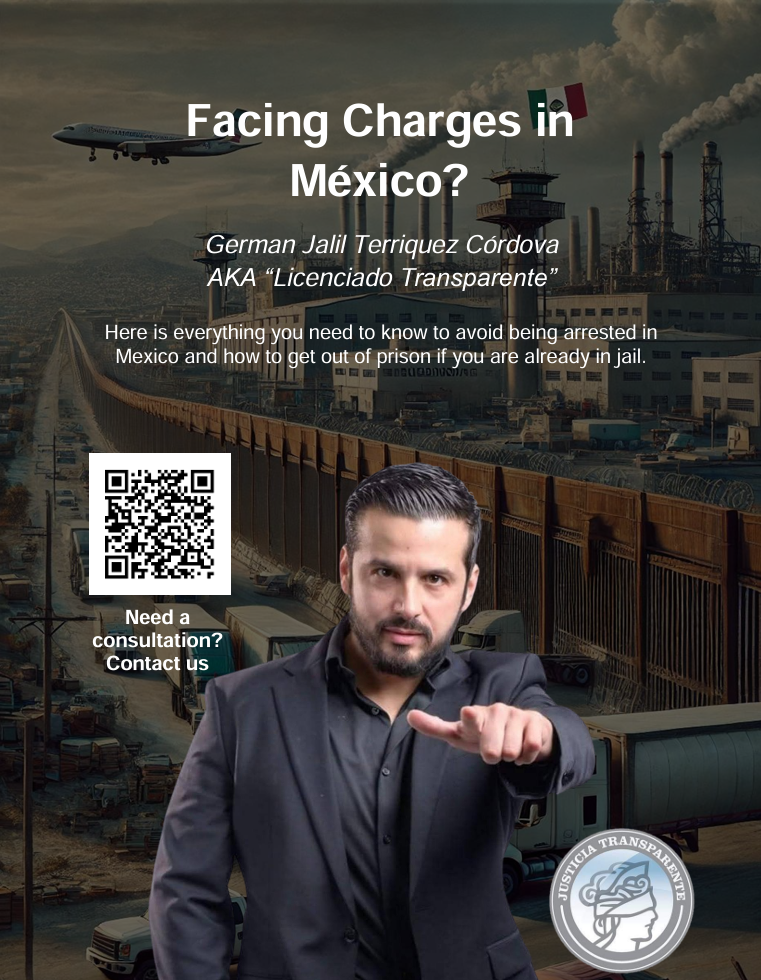
Evading police in Mexico? If you’ve ever been in Tijuana and felt tempted to drive off the moment you saw police lights in your rearview mirror, you’re not alone. Fear of excessive force, not understanding Mexican law, or simply panicking about getting arrested are all common reasons people try to flee. But doing so can have serious legal consequences—even if you haven’t committed a crime.
Let’s break down what happens if you flee from the police in Tijuana, whether it’s during a routine stop or after allegedly committing a criminal offense, and what your legal options are.
Why Would Police Try to Stop You in Tijuana?
Police in Tijuana can stop you for two main reasons:
- Public safety reasons: such as checkpoints or routine traffic inspections.
- Suspicion of criminal activity: like after a hit-and-run, drug possession, or carrying weapons.
What Happens If You Run and You Haven’t Committed a Crime?
If the stop was for a routine public safety reason and not due to suspicion of a crime, fleeing can still lead to trouble:
Accused a relative of a crime in Mexico? Do you need to know if it is a crime to bring weapons into Mexico? Do you need to know if it is a crime to bring marijuana into Mexico? The prosecutor is accusing me of having committed a crime that I did not commit? Has your loved one been in jail in Mexico for years?
If you are in one of these situations, hire an online consultation.
Do you want to avoid an arrest warrant against you in Mexico?
- Fines up to $700 USD.
- Up to 36 hours of administrative detention.
- Your car can be impounded and towed.
While not technically a crime, these are considered administrative penalties, and repeated offenses can raise red flags with authorities.
What If You Run After Allegedly Committing a Crime?
This is where things get serious.
Visit our online store
One of our products can help you
Under Mexican law, fleeing from the police is not, by itself, classified as a crime. But if you’re fleeing after allegedly committing a criminal offense, the judge may see your actions as an attempt to avoid justice—what’s legally known as “risk of flight” or “danger of evading the judicial process.”
This can justify pretrial detention with no bail, meaning you may be held in prison while your case is processed.
Use of Force by Police
Running can also escalate police response. Officers are trained to use proportional force, but if they perceive you as a threat, they may respond more aggressively. This can result in serious injuries, especially if you’re seen as using a weapon or your vehicle as a weapon during the escape.
Safer Alternatives to Fleeing
Here’s what you should do instead:
Stay calm. Even if you’re nervous, keeping your cool helps prevent misunderstandings.
Know your rights. You can say: “I’m exercising my right to remain silent.”
Comply with legal orders. You can assert your rights while still following lawful instructions.
Ask for a lawyer. If arrested, don’t say anything until you’ve spoken to an attorney.
Legal Defenses Available
No intent to flee. You may not have realized police were ordering you to stop.
Illegal stop. If the officers didn’t use proper lights or weren’t in uniform, it might not have been a lawful stop.
Lack of evidence. If the officer wasn’t clearly identifiable, we can argue you didn’t know they were police.
Potential Legal Consequences of Evading police in Mexico
Obstruction and resisting arrest
Evading authorities is often considered obstruction or resisting arrest and can be charged as a misdemeanor only in cases where a person is hit by a car, since failing to assist a person is considered a crime. Evading authorities, on the other hand, is considered a flight risk, which can lead the prosecutor and judge to deny you bail and keep you in jail during the criminal proceedings.
What does Article 341 say about the crime of abandoning a person who has been run over?
“Anyone who, having run over a person, whether negligently or accidentally, fails to provide assistance or request the assistance required, when they may do so, shall be subject to a sentence of fifteen to sixty days of community service, regardless of the penalty imposed for the crime committed by the run over.”
Immigration implications for foreigners
Non-citizens risk deportation, visa loss, or complications stemming from a criminal record tied to evasion charges.
Why You Need a Criminal Defense Lawyer
We understand what prosecutors must prove—including intent.
We can challenge illegal police stops and suppress evidence.
We can negotiate for reduced charges, diversion programs, or case dismissal.
We work to minimize long-term damage like jail time, fines, or a criminal record.
Having the right lawyer can be the difference between freedom and incarceration.
If you or a loved one is facing a similar situation, contact us immediately for a confidential consultation. Our firm is dedicated to defending your rights and protecting your future.
The Mexican criminal process explained in English

Facing Charges in México?.



